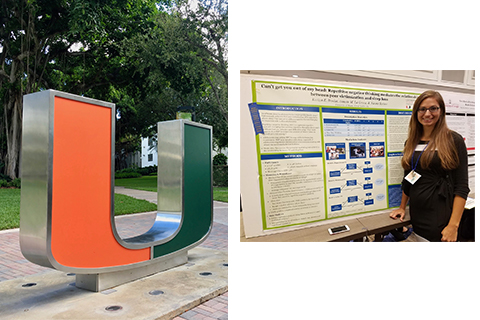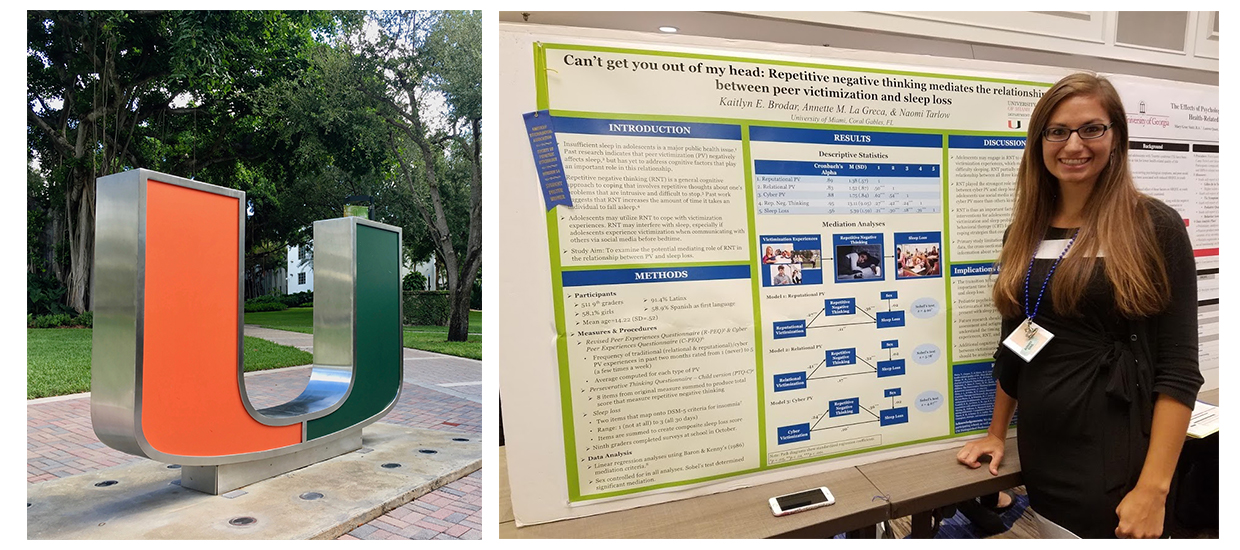This major area of study within the overall APA-accredited Clinical Program is specifically geared toward students who have strong research interests in child health psychology. Its students have many of the same course and practicum requirements as students in Child/Family Clinical (see Child/Family Clinical description). However, pediatric health students focus on research experiences with pediatric or health-related populations (e.g., youth with diabetes or obesity; health-risk behaviors among youth) and have greater exposure to coursework and practicum experiences with pediatric populations (e.g., coursework on interventions with pediatric populations is required).
All students begin research activities with pediatric or health-oriented populations during their first year. As with all major areas of study within the UM Clinical Program, the mentor-apprentice model and the emphasis on research training applies to pediatric health clinical. Applicants should specifically describe their research interests and goals, and indicate specific faculty members whose research interests match their own, at the time of application.
Themes of ongoing research include behavioral aspects of chronic conditions and problems with disease management; risk and resilience factors related to youths’ health risk behaviors; the impact of trauma on child health; the promotion of child and family coping with pediatric conditions (e.g., stress management); and screening and interventions to promote self-care among youth with chronic conditions. In all research, emphasis is given to cultural and multiethnic issues.







